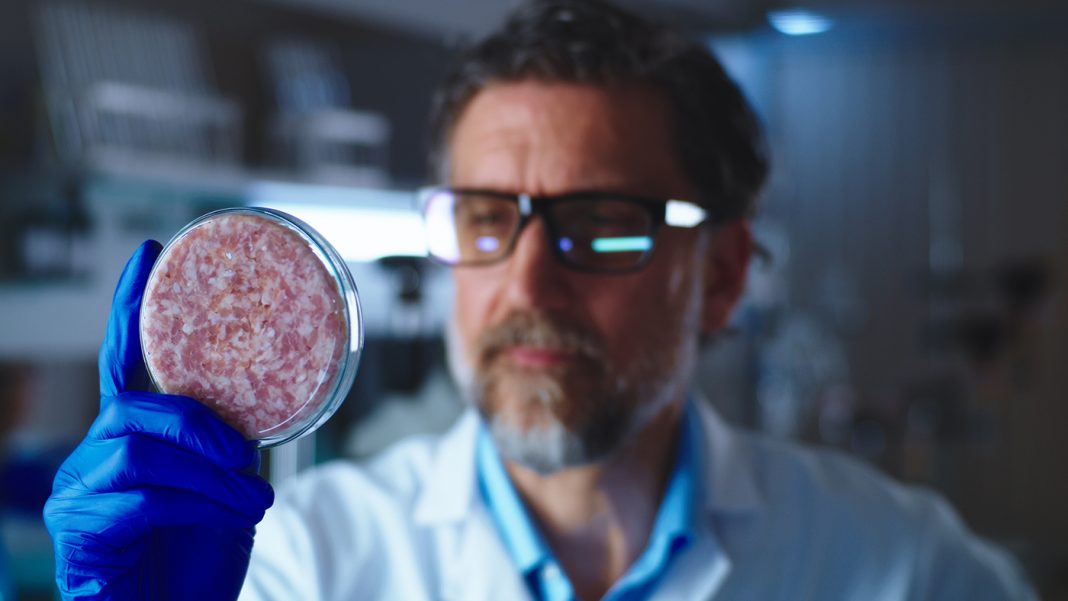The Food Standards Agency (FSA), in collaboration with Food Standards Scotland (FSS), has launched a new pilot business support service to assist companies developing cell-cultivated products for the market in the United Kingdom.
Cell-cultivated products currently in development include a range of foods like a chicken fillet made from chicken cells and a beef burger made from cells taken from a cow.
The FSA and FSS have already received a small number of applications for cell-cultivated foods and expect more in the coming years, and therefore need to be ready to assess these applications when received.
The new business support service will provide information and guidance to companies who are navigating the authorisation process for their products.
Thomas Vincent, deputy director of sandbox and innovation at the FSA, said: “The FSA’s role is to make sure all foods are safe before they are sold in UK. As cell-cultivated products are now being developed in new and innovative ways, it’s vital they continue to meet our high safety standards.
“This new service will help businesses understand what is needed to prove their products are safe, and guide them through the authorisation process. By making it easier for companies to get things right from the start, we can support growth in the cell-cultivated product sector while giving consumers a wider choice of safe food.”
Using the new service, prospective cell-cultivated product applicants will be able to talk directly to the FSA/FSS team before submitting an application, so they are clear on essential requirements such as data collection, hazard identification, and overall safety standards.
The service also provides structured support for businesses after their applications have been submitted. This means that businesses responding to Requests for Information (RFIs) can access additional guidance to help them understand and address any gaps identified in their applications.
Throughout the process, the FSA and FSS will collect information on emerging cell-cultivated technologies. This gathering of evidence will mean they can provide a more informed, streamlined authorisation process, ensuring the safety of such products before they are marketed.
There is an intention to expand this pilot support service to producers of precision-fermented food in the future.


